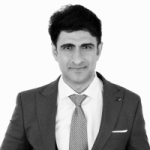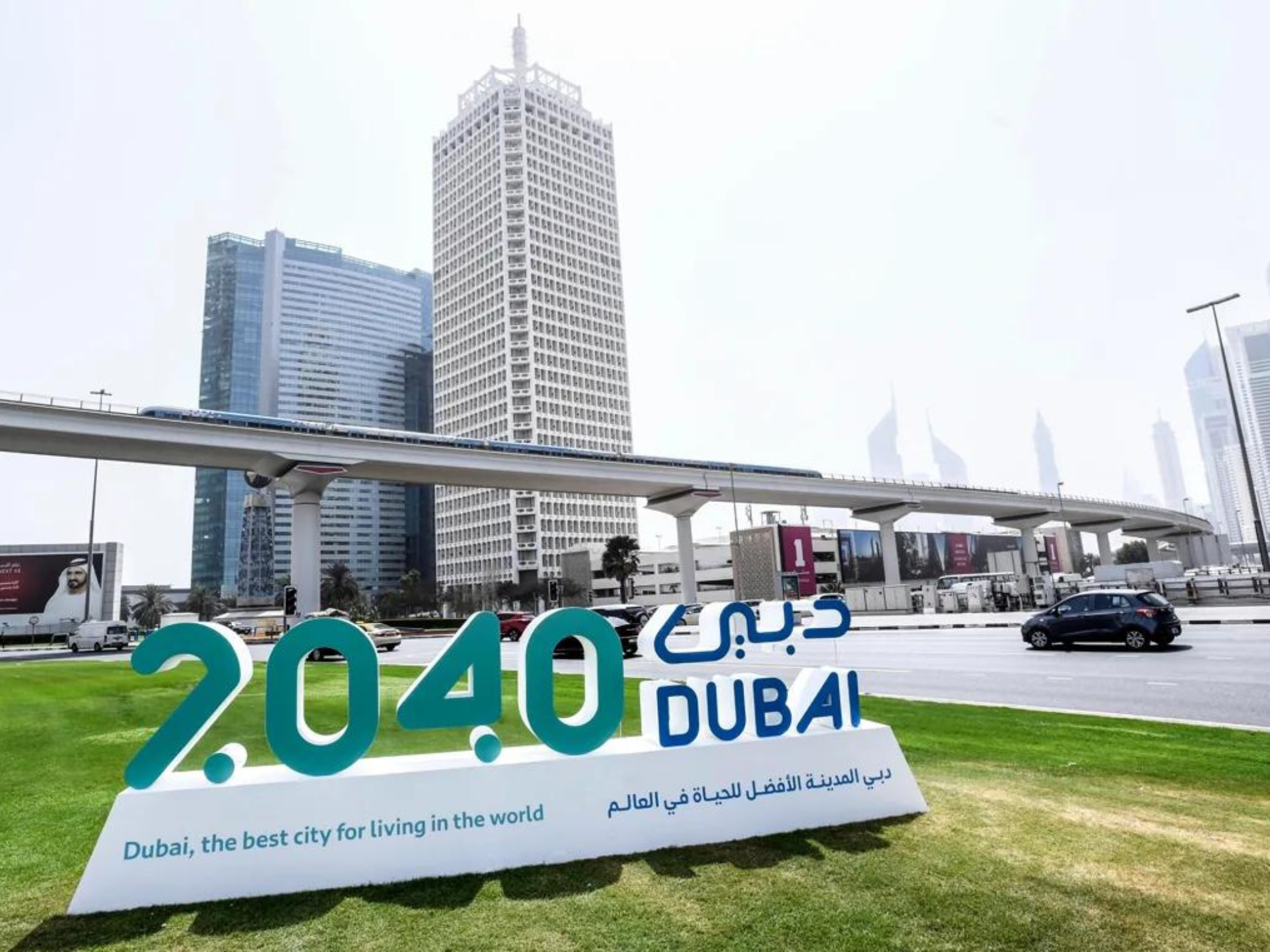Dubai is setting its sights on an ambitious future with the Dubai Vision 2040 plan, which aims to make the city the world’s top destination to live, work, and visit. Unlike mature real estate markets such as Singapore, the US, and the UK, Dubai is an emerging market with tremendous growth potential. Announced by Sheikh Mohammed bin Rashid Al Maktoum on March 13, 2021, the Vision 2040 blueprint outlines grand plans for the city’s development over the next two decades, focusing on population growth, infrastructure enhancement, and sustainable urban development.
Population Growth and Infrastructure Development
Under Dubai Vision 2040, the city’s population is projected to grow to 5.8 million by 2040, up from its current level of around 3.3 million. This anticipated influx of 2.5 million additional residents will significantly increase the demand for both residential and commercial properties. To accommodate this growth, the city is investing heavily in infrastructure, including expanding its public transportation network. The plan includes extending the Dubai Metro so that most residents will live within 800 meters of a metro station or bus stop, making properties near these transport hubs attractive investment opportunities.
Addressing Housing Challenges for a Growing Population
The surge in population will require substantial housing development to meet the needs of the expanding populace. To address this, Dubai is implementing several strategic measures. These include incentivizing private developers through tax breaks and subsidies to build affordable housing units. Additionally, the introduction of more flexible zoning laws could allow for mixed-use developments that combine residential, commercial, and recreational spaces. This approach optimizes land use and reduces the strain on available housing, accommodating a growing population more efficiently. Moreover, investing in infrastructure projects, such as expanded public transportation, could make more remote areas of the city accessible and desirable for residential development.
Industry Perspectives on Vision 2040
Industry experts have shared their insights on the Vision 2040 plan. Saleh Tabakh, the Founder and CEO of Andalusia Group, emphasized the challenges of meeting housing demand and proposed solutions such as public-private partnerships, smart technologies in urban planning, and green building practices. He noted that segmenting the city into five distinct zones—urban, suburban, industrial, coastal, and rural—will help balance housing distribution and alleviate pressure on densely populated areas. By 2040, Dubai aims for 60% of the city to be green space, enhancing the quality of life. This vision also includes continued investment in public transportation and infrastructure to improve connectivity and address population growth effectively.
Kiran Khawaja, CEO of Fajar Realty, praised the Vision 2040 plan for its strategic approach to accommodating an additional 2.5 million people through the creation of five distinct urban centers. She highlighted that segmenting the city into specialized zones, each with its focus—whether residential, business, or recreational—will distribute population growth more evenly across the city. This decentralization will reduce overcrowding in central areas and ensure that housing is available in various locations suited to different lifestyles and economic levels. The structured growth model not only addresses current housing needs but also anticipates future demands, ensuring sustainable urban development.
City Segmentation into Five Distinct Zones
To achieve the goals of Vision 2040, Dubai has been segmented into five economic zones, each catering to specific needs:
1. Heritage and Culture Zone: This zone includes areas like Bur Dubai, Karama, Deira, and Satwa, focusing on preserving the city’s heritage, culture, and traditions while undergoing infrastructure upgrades.
2. Financial and Commercial Hub: This zone comprises Downtown Dubai, Business Bay, DIFC, and the World Trade Center. Downtown Dubai, with its iconic Burj Khalifa, attracts millions of tourists annually, while DIFC is a leading financial hub hosting major financial institutions. The World Trade Center, a prime exhibition and conference venue, also draws significant international visitors. Efforts are underway to upgrade infrastructure and ease traffic congestion in this busy area.
3. Tourism and Economic Zone: This zone includes popular areas like Dubai Marina, Blue Waters, and Palm Jumeirah, which are experiencing high demand and limited supply. The impact of Vision 2040 on expanding this tourism hub will be closely monitored.
4. Knowledge and Technology Hub: Dubai Silicon Oasis is poised to become a future hub of knowledge, technology, and academia. This area already includes Academic City, home to numerous universities and international colleges. The government is investing in infrastructure, including a 2 billion Dirham upgrade of Al Ain Road to a 7×7 lane highway, with metro connectivity planned by 2029.
5. Future Aerotropolis and Industrial Hub: Covering a 145 sq. km area, this zone is set to become Dubai’s future aerotropolis, industrial, logistical, and residential center. With the city’s population growing at 2% annually, this zone will help accommodate the expanding population.
Waterfront Expansion and New Developments
Vision 2040 also includes ambitious plans to expand Dubai’s waterfront by 400%, with developments such as the Golden Belt Zone, Maritime City, Rashid Yachts and Marina, and Dubai Islands. Dubai Island alone will extend the city’s waterfront by 50 km, adding 81 resorts and increasing the beachfront by 23 km. The Palm Jebel Ali project is set to feature 85 five-star hotels and resorts, extending Dubai’s waterfront by 110 km and beachfront by 81 km, with housing for around 38,000 families.
Dubai Vision 2040 represents a strategic effort by the government to ensure sustainable growth and development, providing housing for an expanding population while decentralizing the city to prevent overcrowding. By integrating community, tourism, heritage, and technological advancements, Dubai aims to maintain its status as a global tourism hub and attract international talent, fostering economic growth and enhancing the quality of life for its residents.






